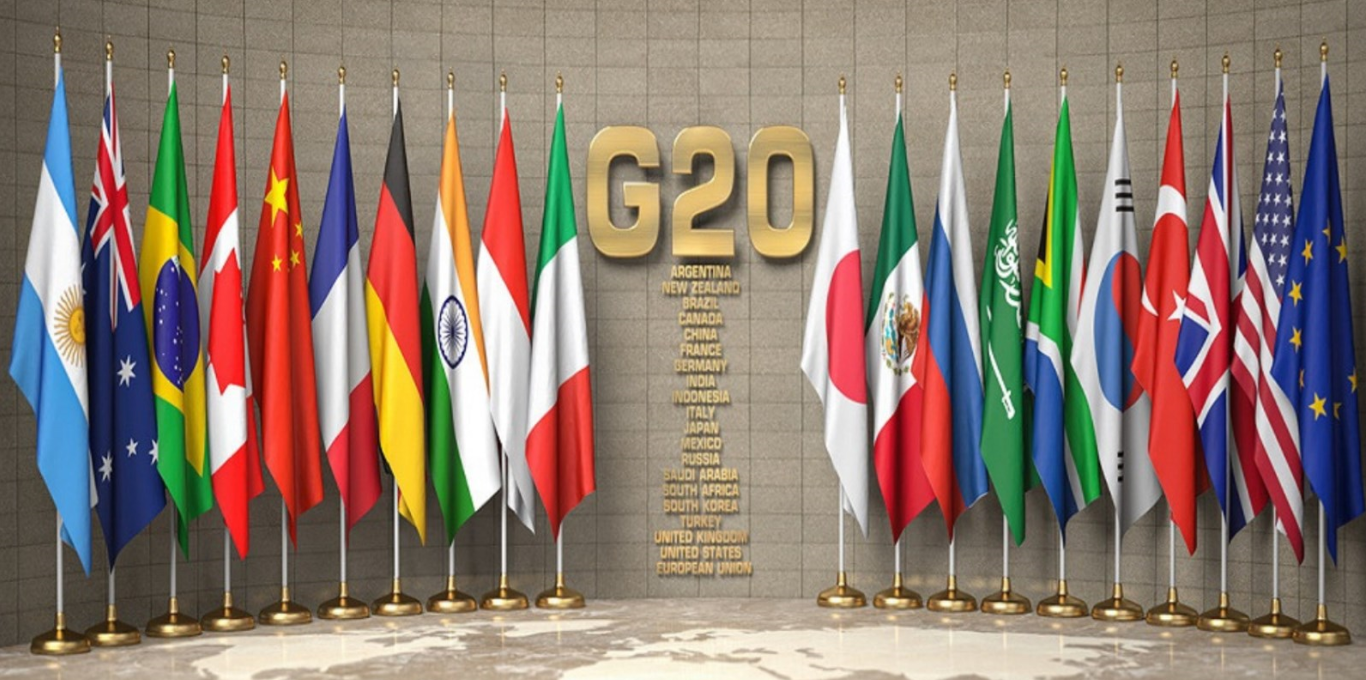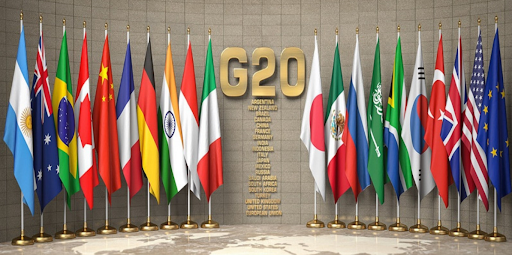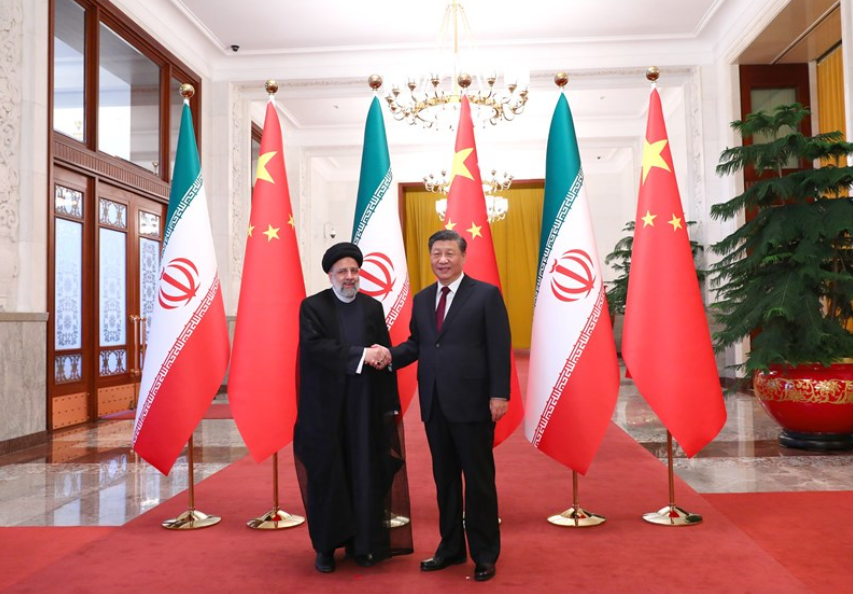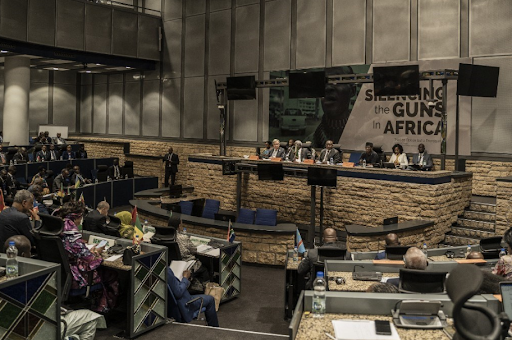
From the humanitarian gate, Egypt moved towards raising the level of its relationship with Syria
After the collapse of the “Brotherhood” government, and the rise of Sisi to power, relations partially restored between the two countries, which was explicitly announced by the Egyptian president during a visit he made shortly after assuming power to the United States in 2014, where he referred to the strength of the ties that unite the armies of the two countries, and stressed that the unity of Syria It is considered part of the Egyptian national security. However, the ties did not rise to high levels, but rather were limited to the scope of security meetings, before the meeting that brought together the Syrian Foreign Minister, Faisal Al-Miqdad, with his Egyptian counterpart in New York on the sidelines of the United Nations General Assembly meeting in 2021, which constituted a milestone. In addition to close security and military cooperation, Syrian investors who transferred their investments from Syria to Egypt during the war played a prominent role in strengthening relations between the two countries, after the volume of those investments amounted to about $23 billion.
Despite the continuous openness of Arab capitals to Damascus, whether before or after the earthquake, these steps face many obstacles and difficult tests, most notably the US position rejecting this normalization, and the threat of unilateral US sanctions imposed on Syria, in addition to Washington's possession of many pressure cards that may initiate use during the next period.












































































